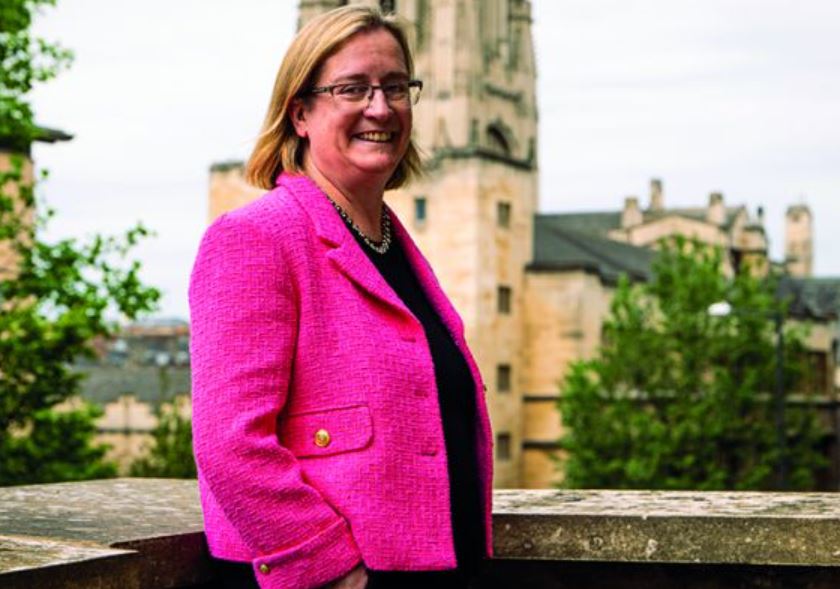Difficult conversations about renaming buildings are likely to restart when the University of Bristol publishes its long-awaited report on how it benefited from slavery. But its new vice-chancellor, the award-winning historian Evelyn Welch, seems to be relishing the discussions that lie ahead about Bristol’s controversial past, which famously led to the statue of slave trader Edward Colston being dumped by protesters in the city’s harbour in June 2020.
“It’s really important that we talk about these things – that we realise Britain became a global player at a time when slavery was expanding, and then there was the Industrial Revolution in the 19th century, and there is a connection between the two. Tea, coffee, sugar and things that sat in the shops in England were produced by people living in the most miserable circumstances,” reflected the Renaissance era expert, who was previously senior vice-president at King’s College London.


